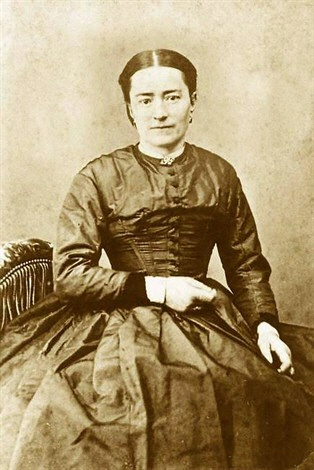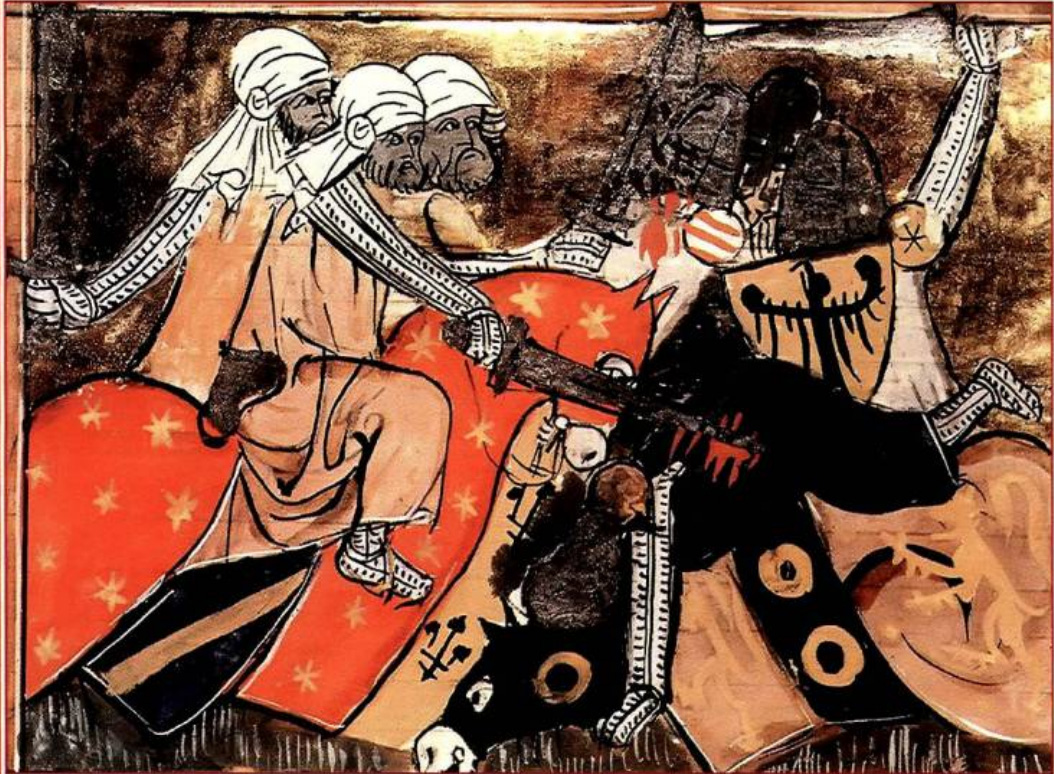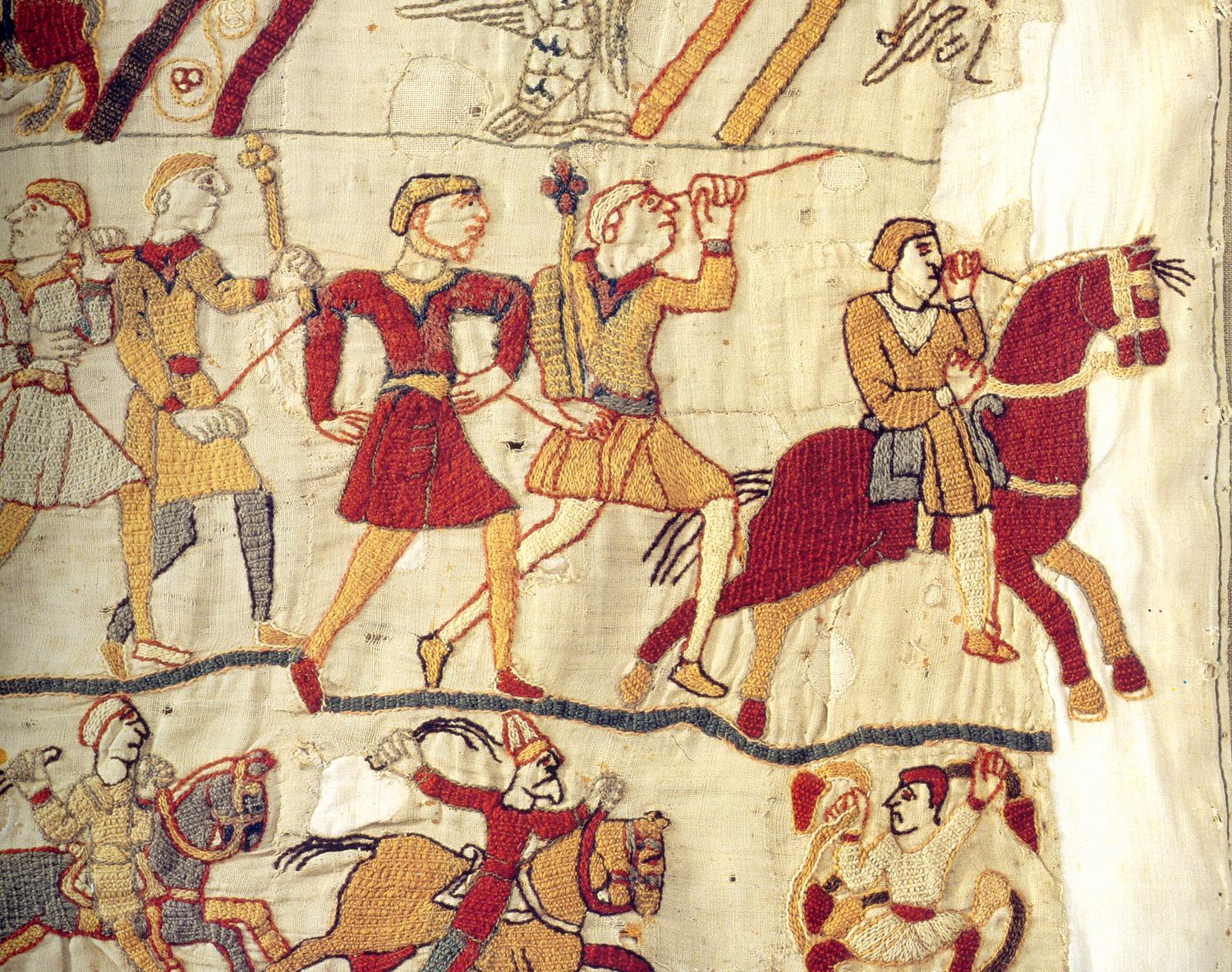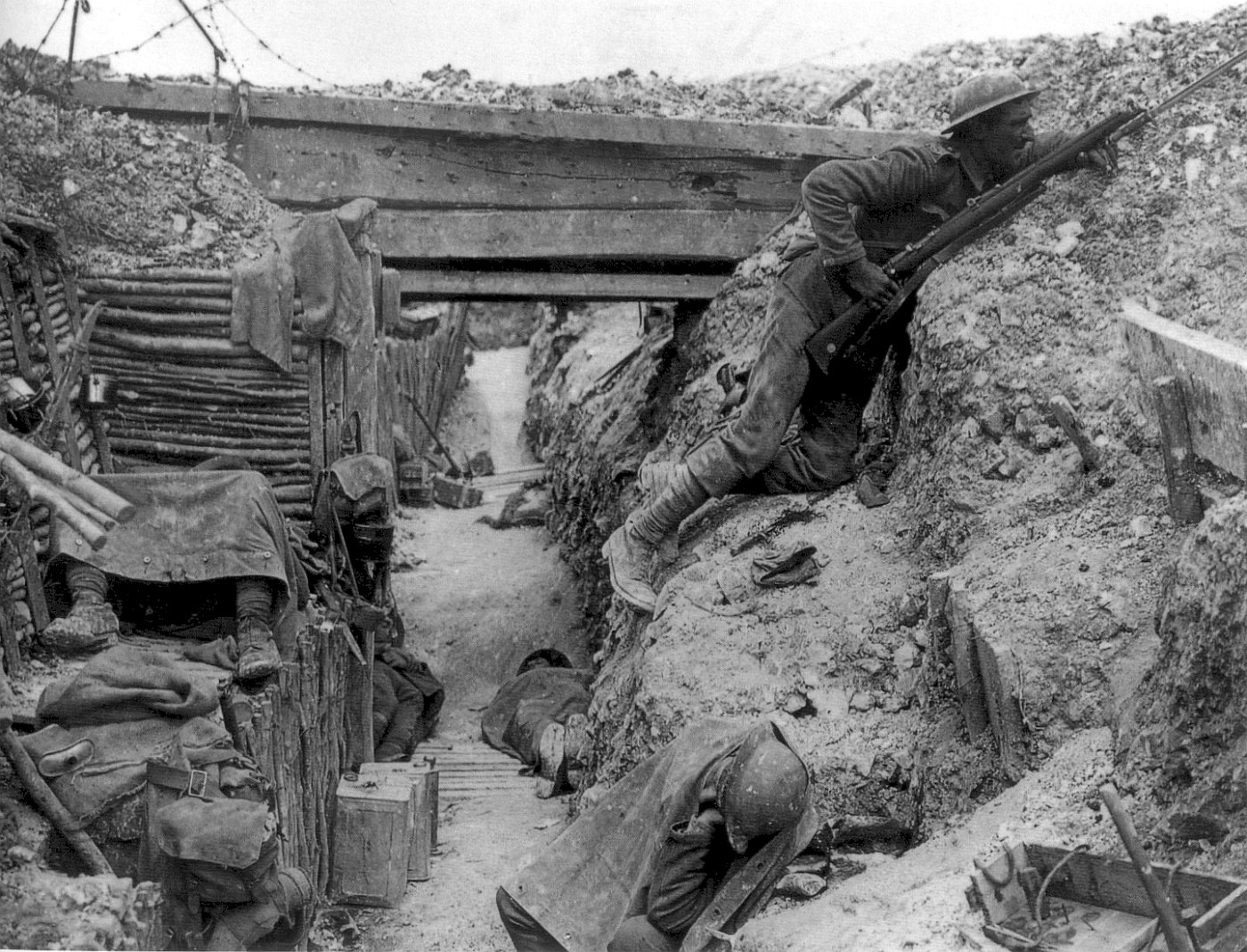1.
As the canonisation of the Martin spouses approaches, there is one word all English-speakers must fear, and yet increasingly find themselves having to use - breaking my ears in the process - (because there is only so many times one can refer to "The Little Flower") and that is...
of course...
Lisieux!
Now, in the spirit of charity, here is the final, definite guide on how to pronounce this word (it's ok, you can trust me, I'm French, this is my first language we are talking about).
LEE-ZEE-ER
(not "la-sor" or whatever people say as quickly as possible because they want to please, please, please be done already with this word hoarding more silent letters than an Irish first name).
And don't worry about emphasis, we don't use it in French (hence the quite poetic reference to my people as "shouting in whispers", because that's what it sounds like if you don't emphasise words).
2.
The correct spelling is "Thérèse" (one accent up, one accent down) if you want to be super authentic, but I don't hear the Italians moaning about Saint Frances of Rome not being referred to as Francesca, so I personally don't mind.
3.
If you feel pedantic, you can also refer to the "Martin" without the "s" at the end, because we don't pluralise proper nouns in French, but that may be slightly pushing it.
4.
I was re-reading Bringing Up Bébé last week, mostly because the last time I read it Jude wasn't born, and I wanted to see if I had started to bring him up as Pamela Druckerman says French babies are brought up. Mostly, it made me feel really homesick.
I long for the place where no-one will wave a snack in Patapon's face at all hours of the day, no-one will want to know how I bring him up, or compare parenting philosophies, so long as he is reasonably amenable in public, and people think my needs are as important as those of my child.
Also, as an aside, having my family around would help.
Plus, summer is actually an option over there. (Don't even look at me English summer. I'm not talking to you anymore.)
5.
Of course, I am not exactly missing the "Why are you still breastfeeding him? You need to cut the cord!" I was served for months until I did stop, nor the scrutiny over what I eat whilst pregnant.
But this Anglo-American way of bringing up children baffles me, and I often just want to cut it out, and stay home, so I won't have my child marched back to me if he is straying for more than a couple of metres, or parents guffawing at me "He slept through the night at 2 months? Mwahahahahahahaha, wait until the second one is born!" (Why, people, why? Do you relish the idea of other people suffering THAT much? Is feeling your parenting choices are validated over mine THAT important?).
There is not accurate French translation of "Mommy Wars" because there is no such thing.
6.
Another thing the book brings to the fore is the idea that perhaps, maybe, we are making parenting a lot harder than it needs to be?
And in any case, it is plenty hard enough without having to feel like every single thing your child does is a reflection on you, and an invitation for others to despise and criticise.
I wonder if this has to do with that strange contraceptive culture of ours, seeping into even non-contracepting mind-sets. The idea that YOU BROUGHT THIS CHILD ON YOURSELF NOW YOU WILL DEAL WITH IT!
If children are a decision and a project, then your responsibility is indeed enhanced, and you HAVE to make it a success, whatever the cost (or what success means). The fact that Patapon is not a project or a "it", but a person and a "he" seems to go wholly unnoticed. In fact, parenting philosophies seem to be a lot more about the parents than the children.
I often find myself slipping into this mindset, and I need to remind myself that Patapon is not mine, he is God's and his own self. All I can and should do is help along.
7.
Now, on a slightly less depressed note, and in the spirit of making life simpler for ourselves, Patapon wanted to share with you the path to contentment:









![By Ɱ (Own work) [CC BY-SA 3.0 (http://creativecommons.org/licenses/by-sa/3.0)], via Wikimedia Commons](https://upload.wikimedia.org/wikipedia/commons/c/c7/Filet_de_b%C5%93uf.jpg)


![By Lotus Head from Johannesburg, Gauteng, South Africa (sxc.hu) [GFDL (http://www.gnu.org/copyleft/fdl.html), CC-BY-SA-3.0 (http://creativecommons.org/licenses/by-sa/3.0/) or CC BY-SA 2.5-2.0-1.0 (http://creativecommons.org/licenses/by-sa/2.5-2.0-1.0)], via Wikimedia Commons](https://upload.wikimedia.org/wikipedia/commons/1/1f/Ice_Cream_dessert_01.jpg)










![By Stanislav Traykov [GFDL (http://www.gnu.org/copyleft/fdl.html), CC-BY-SA-3.0 (http://creativecommons.org/licenses/by-sa/3.0/) or CC BY 2.5 (http://creativecommons.org/licenses/by/2.5)], via Wikimedia Commons](https://upload.wikimedia.org/wikipedia/commons/8/8a/Michelangelo's_Pieta_5450_cropncleaned.jpg)












